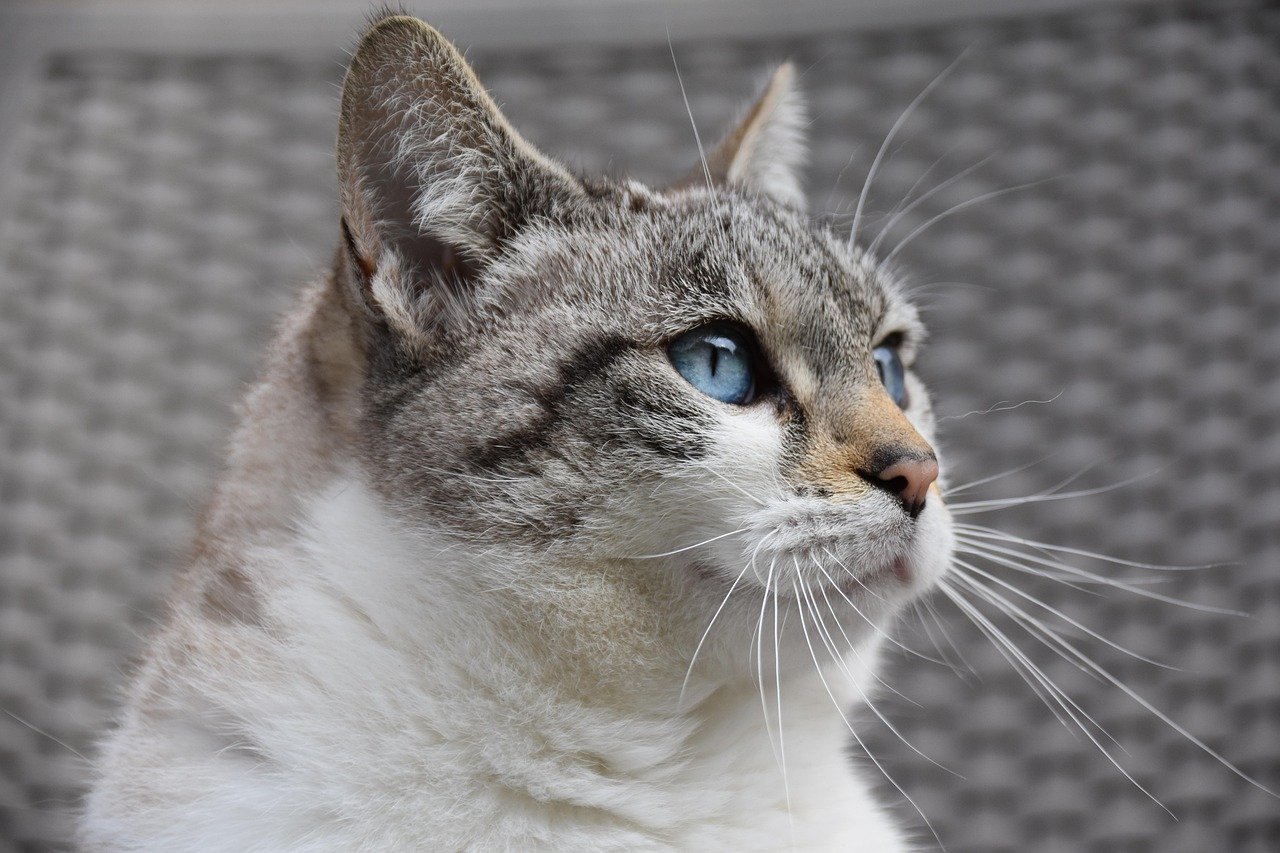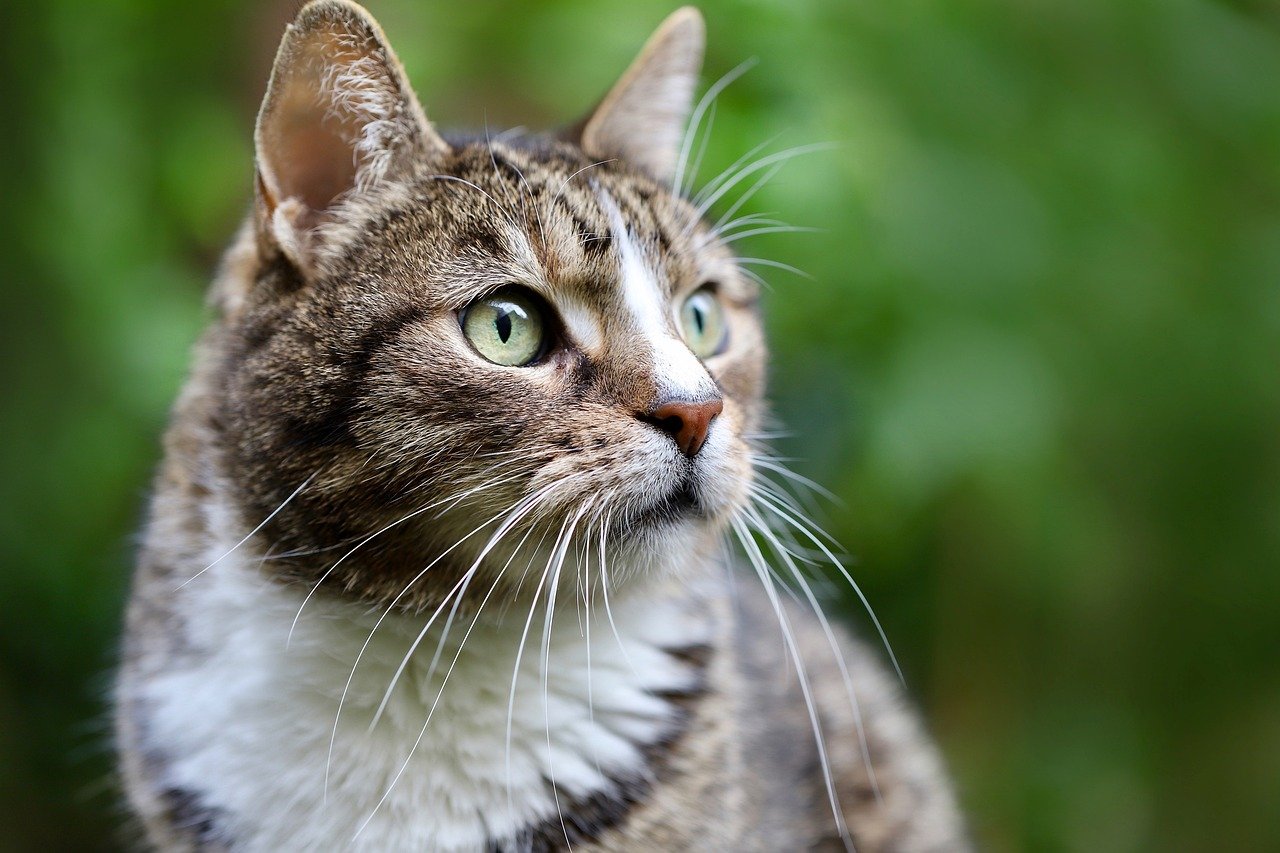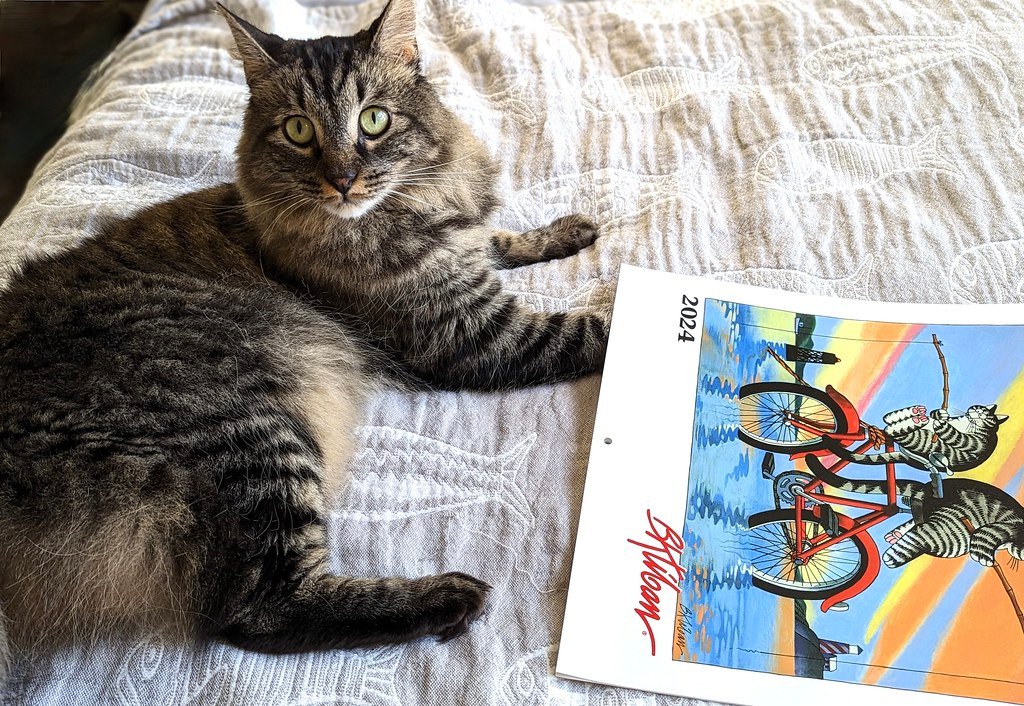Have you ever wondered what goes on in your cat’s heart when you breeze past them on a busy day? That soft meow at your feet, the gentle headbutt against your leg, the watchful eyes following you from across the room—all subtle pleas for your attention. To many, cats seem like aloof, independent creatures, but beneath that cool exterior is a deep longing for connection. Ignoring a cat’s need for daily interaction doesn’t just leave them bored; it can carve invisible scars on their emotional well-being. Let’s explore why these furry companions crave our presence and what truly happens when we turn a blind eye to their need for daily love.
Cats Are Social Creatures—Despite Their Reputation

It’s a common myth that cats are solitary, emotionless animals who prefer to be left alone. In reality, most domestic cats have evolved to thrive on social contact, especially with their chosen humans. That gentle purr or slow blink in your direction means more than you think. These subtle gestures are part of a cat’s language for bonding and trust, not just a call for food or a warm lap.
Cats form strong attachments, sometimes even stronger than dogs, to their owners. They recognize your scent, voice, and touch. When you engage with them daily—through play, petting, or even just soft words—you reinforce their sense of security. Neglecting this need leaves cats feeling isolated in their own homes, like a friend you never call back. Over time, this emotional distance can chip away at their happiness.
The Subtle Signs Of Emotional Distress In Cats
Unlike humans, cats rarely express their distress in obvious ways. Instead, their suffering comes out in small changes—less grooming, hiding under beds, or losing interest in favorite toys. These shifts are easy to miss if you’re not paying close attention. A cat that once greeted you at the door might start keeping their distance, or a once-chatty feline could grow eerily silent.
Some cats show their emotional pain through unwanted behaviors. You might notice them scratching furniture more aggressively or refusing to use their litter box. These aren’t acts of rebellion, but silent cries for attention. Think of it as a child acting out when they feel neglected—your cat is trying to tell you something’s wrong, even if they can’t find the words.
How Loneliness Impacts Your Cat’s Mental Health
Loneliness in cats isn’t just a passing mood; it can settle in like a dark cloud, affecting every part of their life. Without regular interaction, cats can become anxious, withdrawn, and even depressed. Their world shrinks, and they start to lose interest in exploring, playing, or interacting with family members. You may see them sleep more, eat less, or simply seem “off.”
Over time, this emotional strain can actually change the chemistry in their brains, just like it does in humans. Chronic loneliness can lead to higher levels of stress hormones, making your cat more susceptible to illness and behavioral issues. It’s heartbreaking to realize that something as simple as a daily cuddle or play session could make all the difference in their happiness.
The Physical Toll Of Emotional Neglect

When cats are consistently ignored, it’s not just their mood that suffers—there are real, physical consequences too. Stress and loneliness can weaken their immune system, making them more prone to illnesses such as upper respiratory infections or skin problems. You might notice that their coat loses its shine, or that they begin to shed excessively.
Weight changes are also common. Some cats overeat out of boredom or stress, while others lose interest in food altogether. These fluctuations can lead to obesity, diabetes, or malnutrition, all of which seriously impact your cat’s quality of life. Skipping daily interaction isn’t just a minor oversight—it’s a risk to your cat’s health.
Destructive Behaviors As A Cry For Help

If your cat starts clawing up the couch or knocking things off shelves, you might feel frustrated. But these destructive behaviors are often a desperate attempt to get your attention. When cats feel ignored, they may resort to acting out because they don’t know how else to express their loneliness or frustration.
Chewing cords, shredding paper, or even urinating outside the litter box can all be linked to emotional neglect. Punishing your cat for these actions only deepens their distress. Instead, it’s important to look beneath the surface and realize that your cat may simply be begging for a bit more of your time each day.
The Power Of Simple Daily Interactions
Even a few minutes of focused attention can work wonders for your cat’s emotional health. Simple routines—brushing their fur, playing with a feather wand, or just sitting quietly together—can build a bridge of trust and affection. These moments reassure your cat that they’re valued and safe in your presence.
Consistency is key. Cats thrive on routine, and knowing they can count on your attention at certain times of day makes them feel grounded. You don’t have to be perfect or always available, but making daily interaction a non-negotiable part of your life is a small commitment with huge rewards. Your cat’s purrs, playful antics, and gentle nudges are all signs that you’re filling their emotional cup.
Creating A Home Where Your Cat Feels Loved
A loving home for a cat is more than food and a cozy bed—it’s about emotional security and connection. Take time to notice the small ways your cat seeks your company, whether it’s curling up beside you or following you from room to room. Responding to these gestures with affection, play, and gentle words goes a long way.
You can also enrich your cat’s environment with toys, scratching posts, and window perches, but nothing replaces the warmth of your presence. By making your cat’s need for daily interaction a priority, you create a home filled with trust and joy. In return, you’ll enjoy a deeper, more rewarding bond with your feline friend.
Cats may seem independent, but they crave daily interaction and emotional connection more than many realize. Ignoring these needs can lead to loneliness, behavioral issues, and a gradual weakening of the bond you share. The emotional cost isn’t just felt by your cat—it affects the harmony of your home and the trust they place in you. Just a few minutes of play, affection, or quiet companionship each day can make a world of difference. Because when you show up consistently, your cat doesn’t just feel seen—they feel truly loved.
Jen is a passionate nature lover and ocean conservationist. She has dedicated her life to protecting the environment and preserving the beauty of the natural world. Growing up in a small coastal town, Jen sincerely appreciated the ocean and its inhabitants. She has spent countless hours exploring the shoreline, learning about the creatures that inhabit the waters, and advocating for their protection. Jen is an active member of ocean conservation organizations, and she is committed to educating the public about the importance of conserving wildlife and the natural environment.





